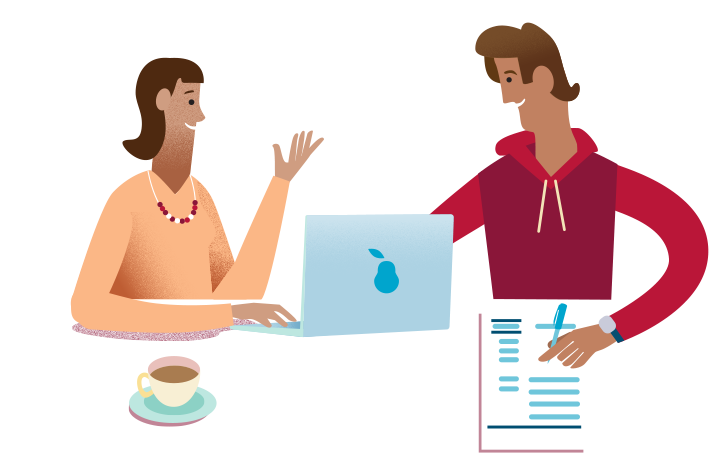

This literacy is essential to make informed decisions about the appropriate use of AI (including but not restricted to generative AI tools) in education.Īs AI becomes increasingly integrated into our lives and the workplace, it is crucial to invest in AI literacy education to ensure that such tools are used to their full potential. These are valid concerns, but there is a bigger picture here - generative AI tools have the potential to revolutionise the way we learn and educate.Īny potential advancement, however, relies on one critical factor: AI literacy.ĬONTINUED GUIDANCE NEEDED ON AI-GENERATED CONTENT FOR SCHOOLSĪI literacy involves an understanding of AI, its capabilities, limitations and potential ethical implications. Other generative AI tools can transform text to images, videos, audio, code, scientific papers and algorithms.Įducators have raised concerns students may use AI to cheat or do their homework.


Yet ChatGPT is just the tip of the iceberg. Its potential has also been discussed in Parliament, with Education Minister Chan Chun Sing saying in a response on Feb 7 that AI tools like ChatGPT could be useful in the classroom when used appropriately. The advent of ChatGPT has set off a heated discussion in the education community, with many discussions in the media, academic and professional circles. Now, artificial intelligence (AI) chat programme ChatGPT is pushing us to see the importance of AI literacy. SINGAPORE: The COVID-19 pandemic accelerated technology integration in education by nudging policymakers and educators to rethink teaching and learning practices.


 0 kommentar(er)
0 kommentar(er)
